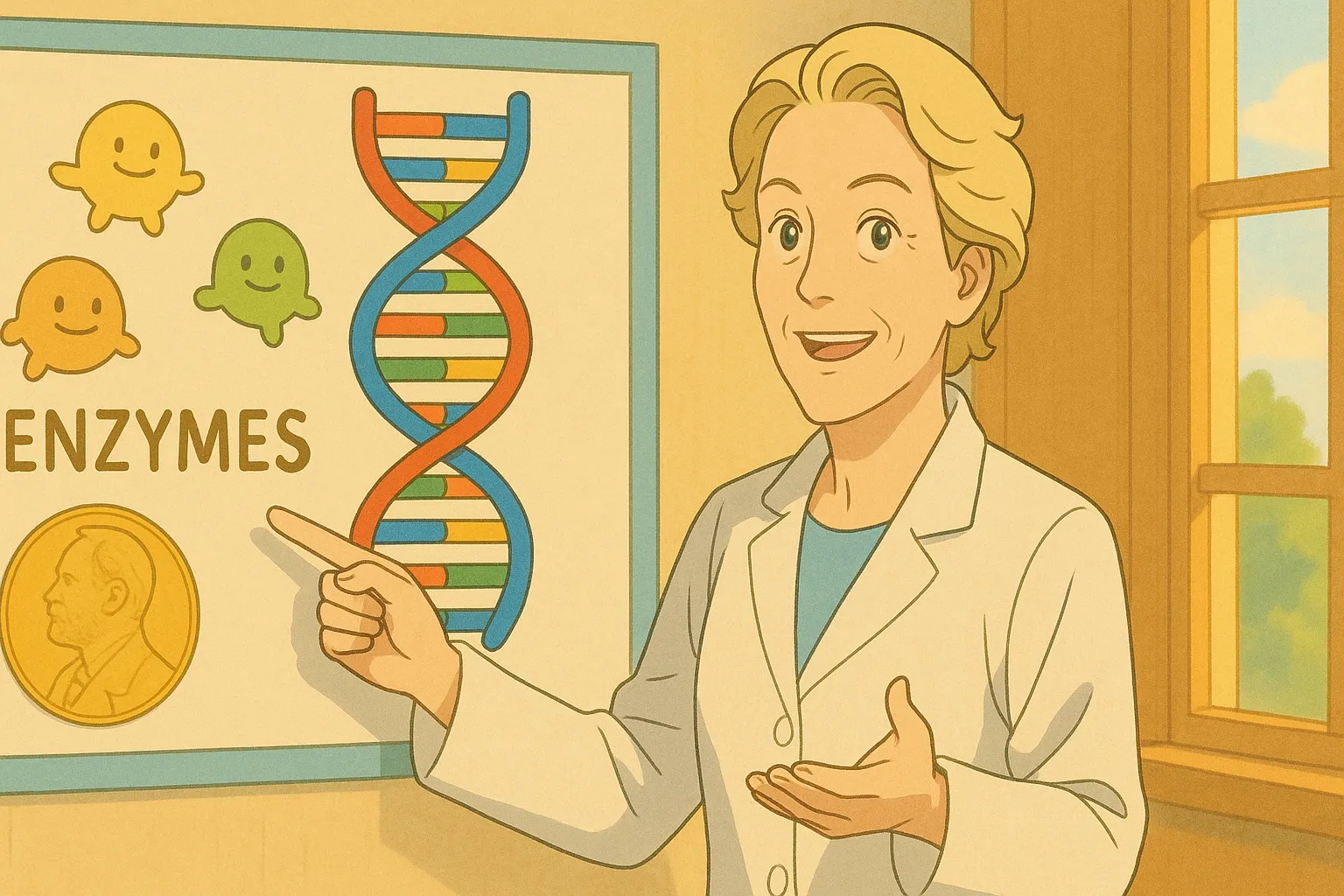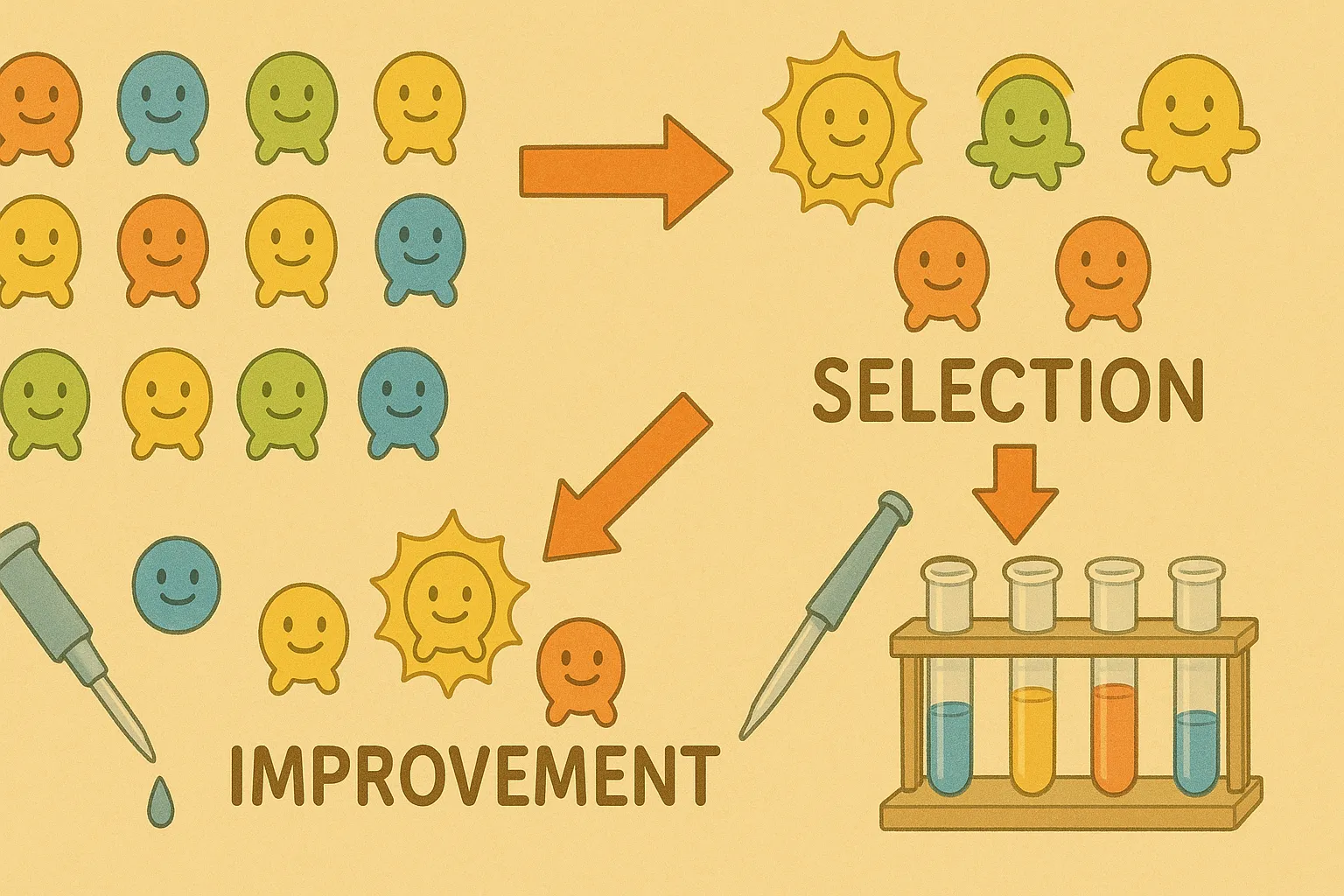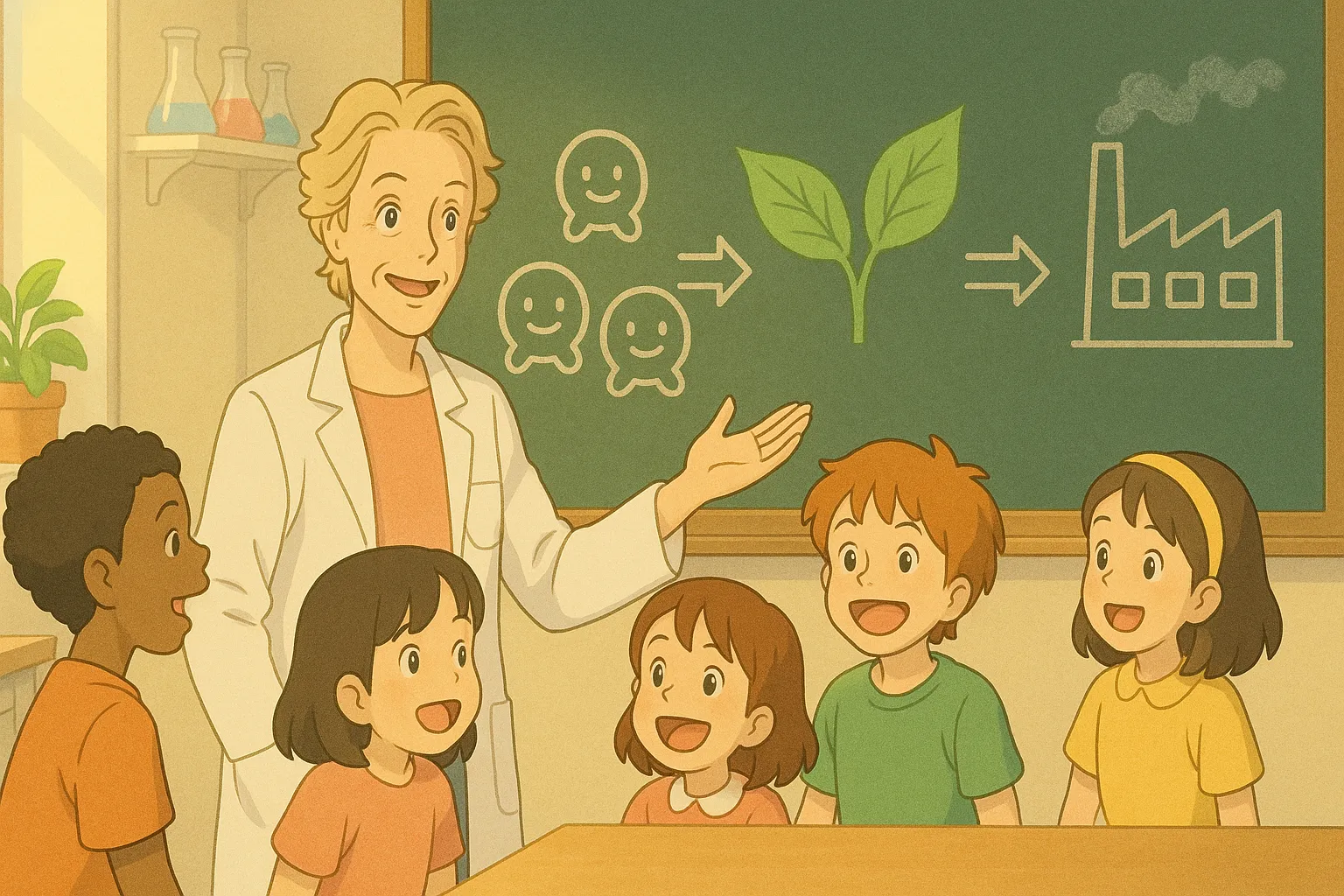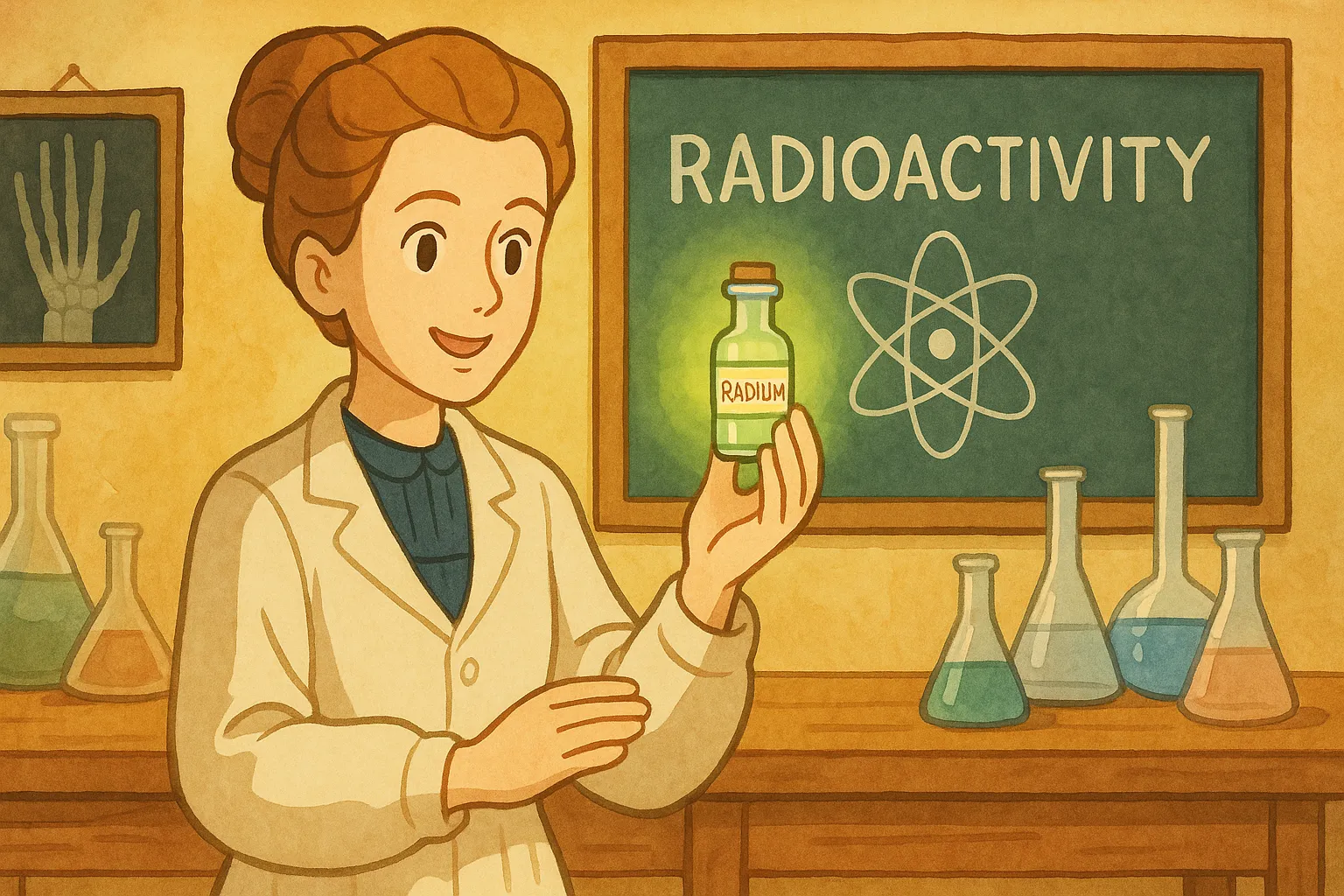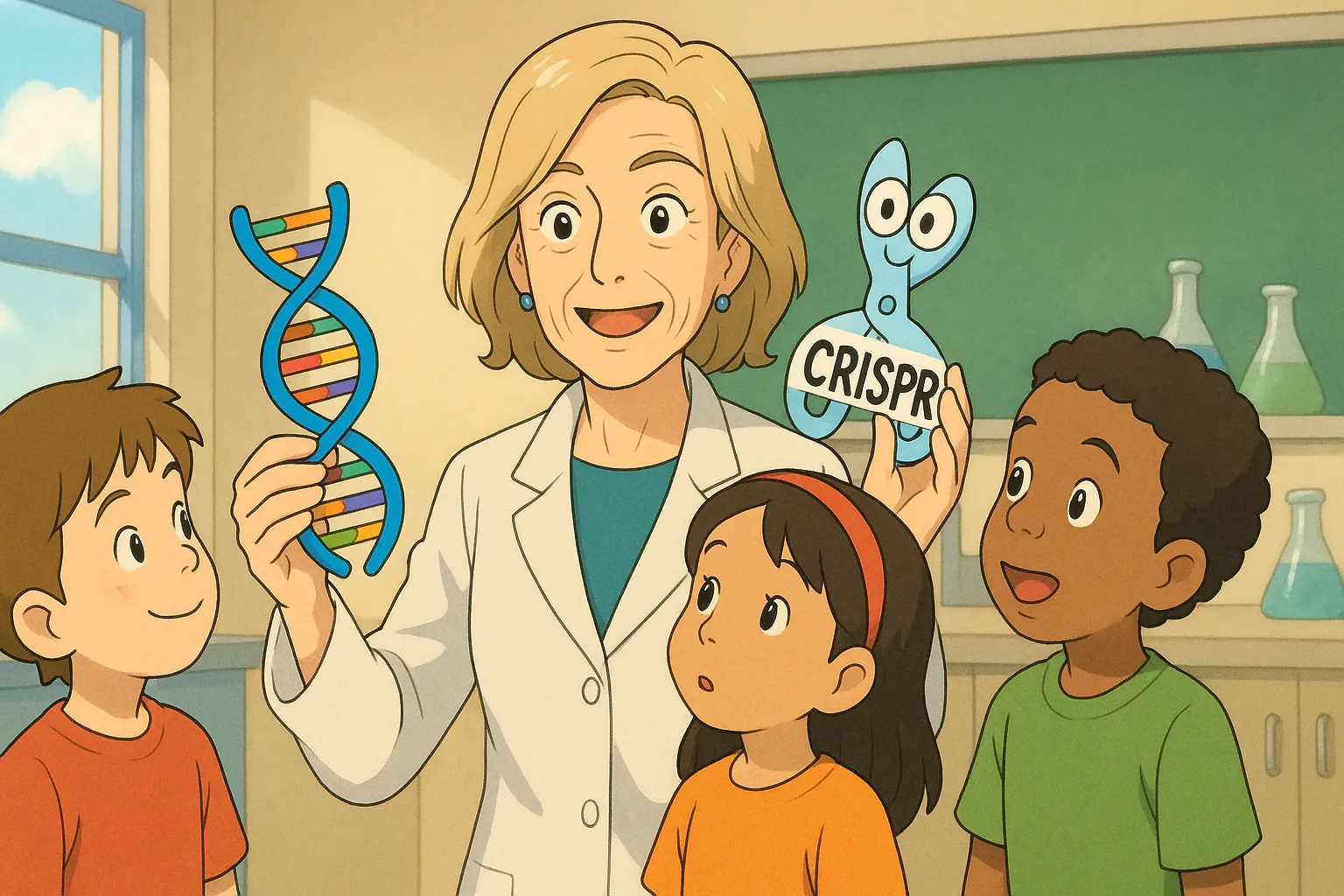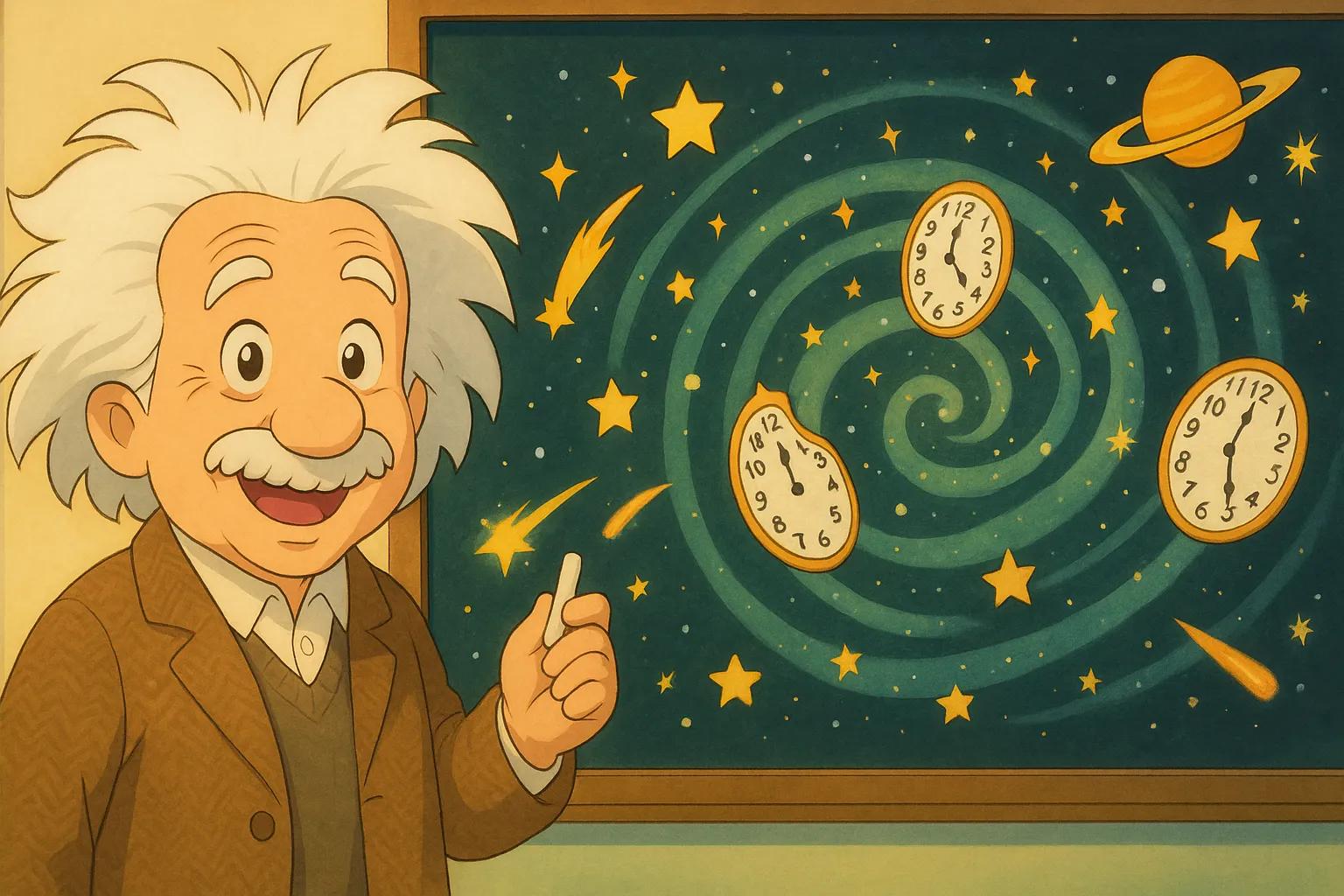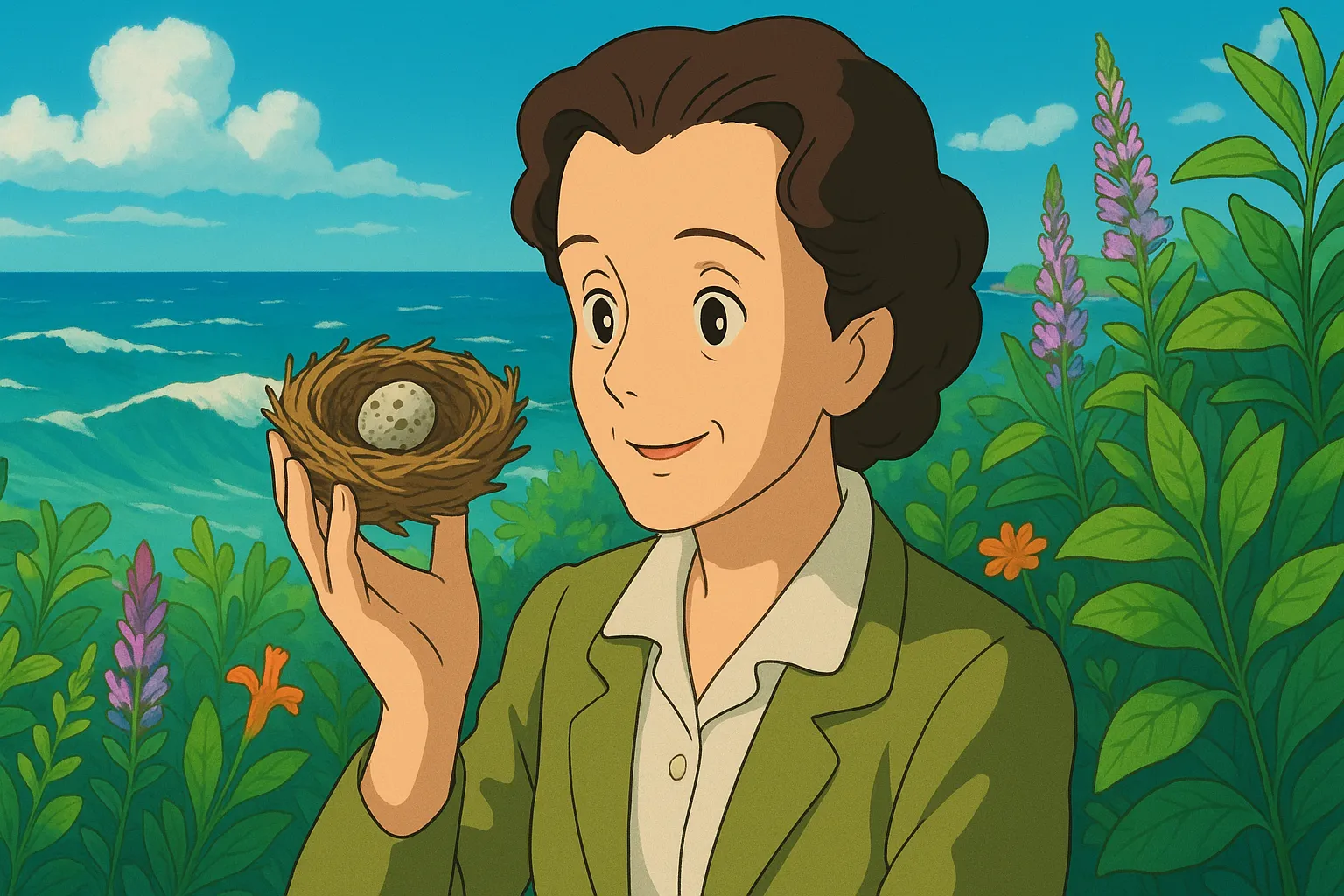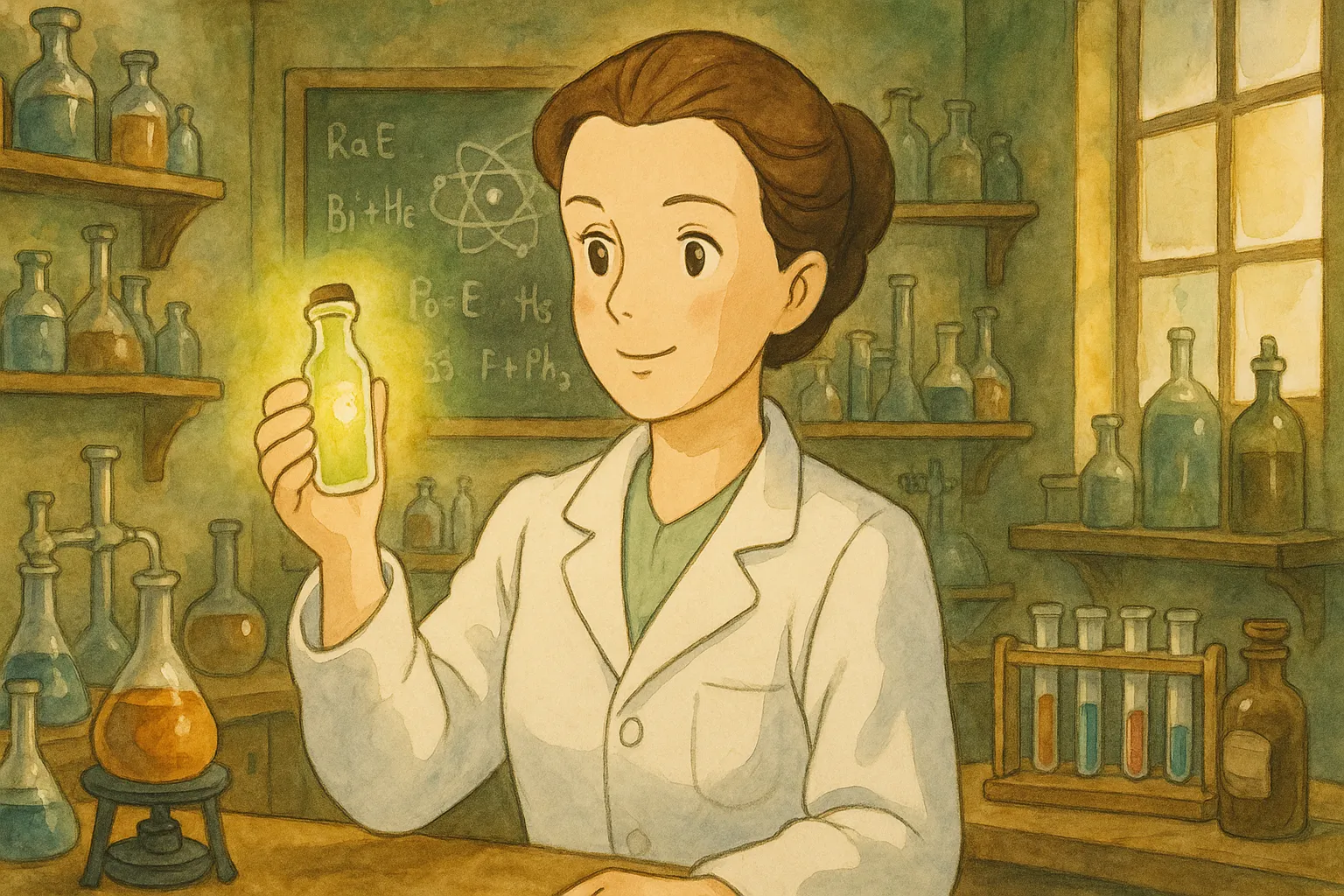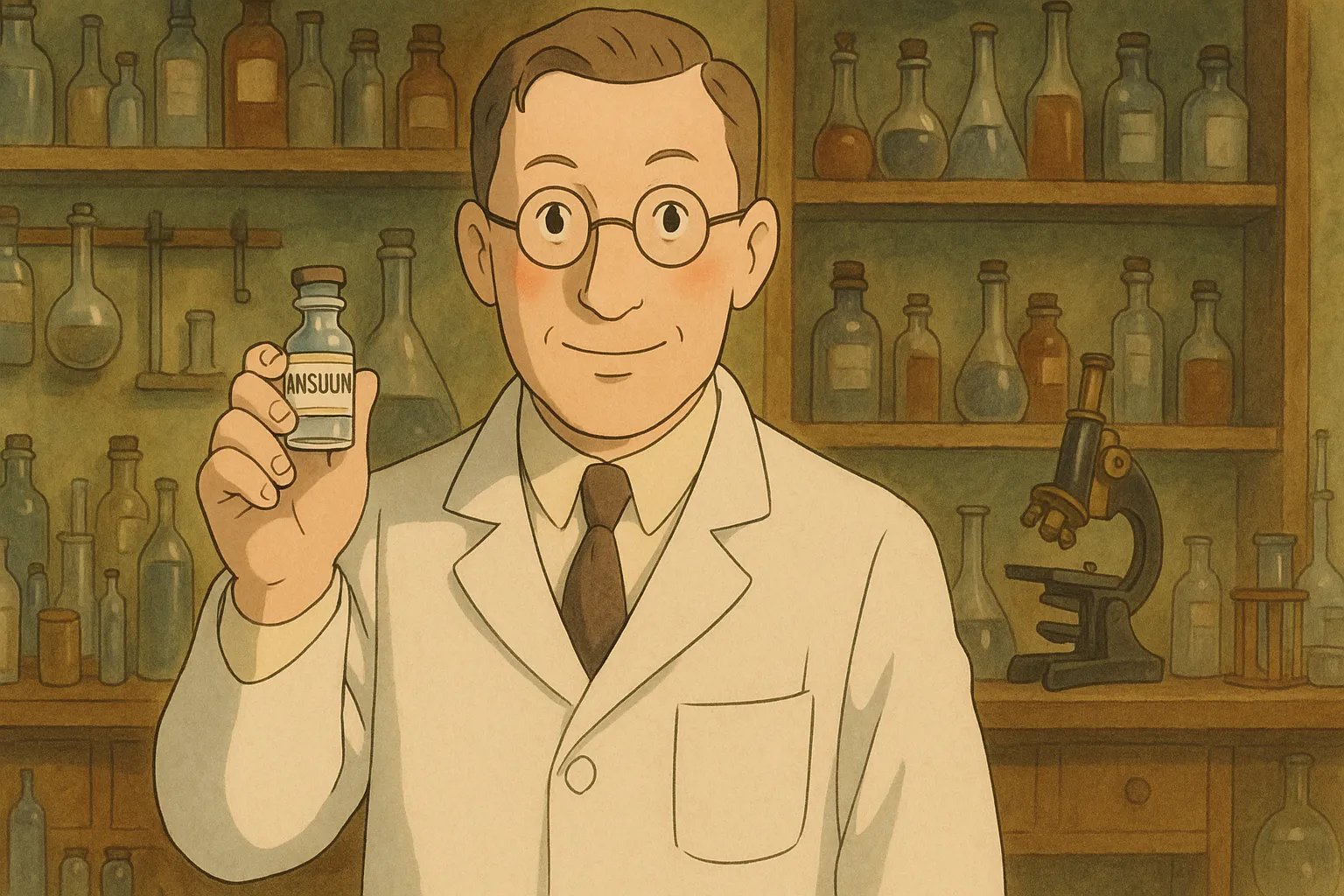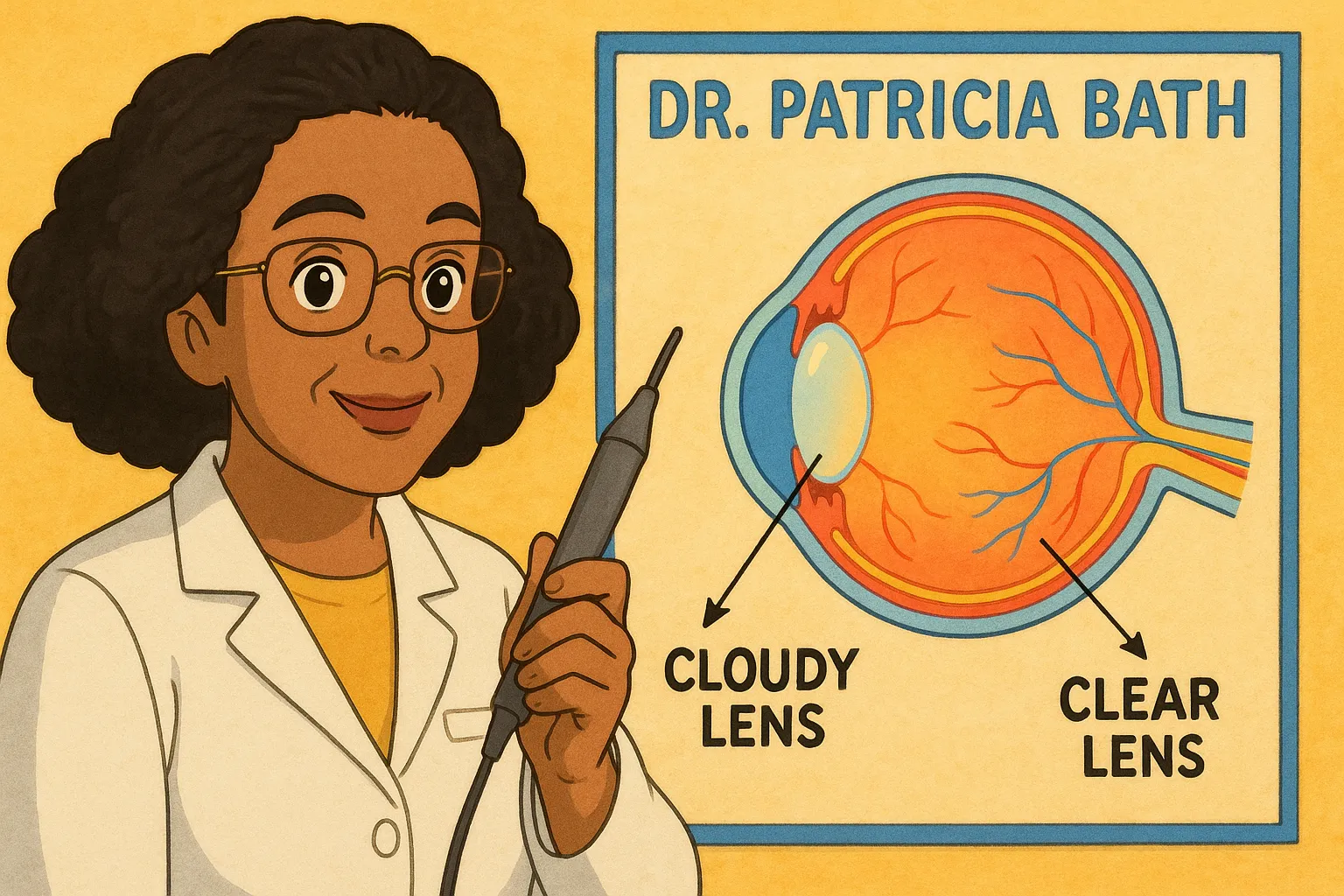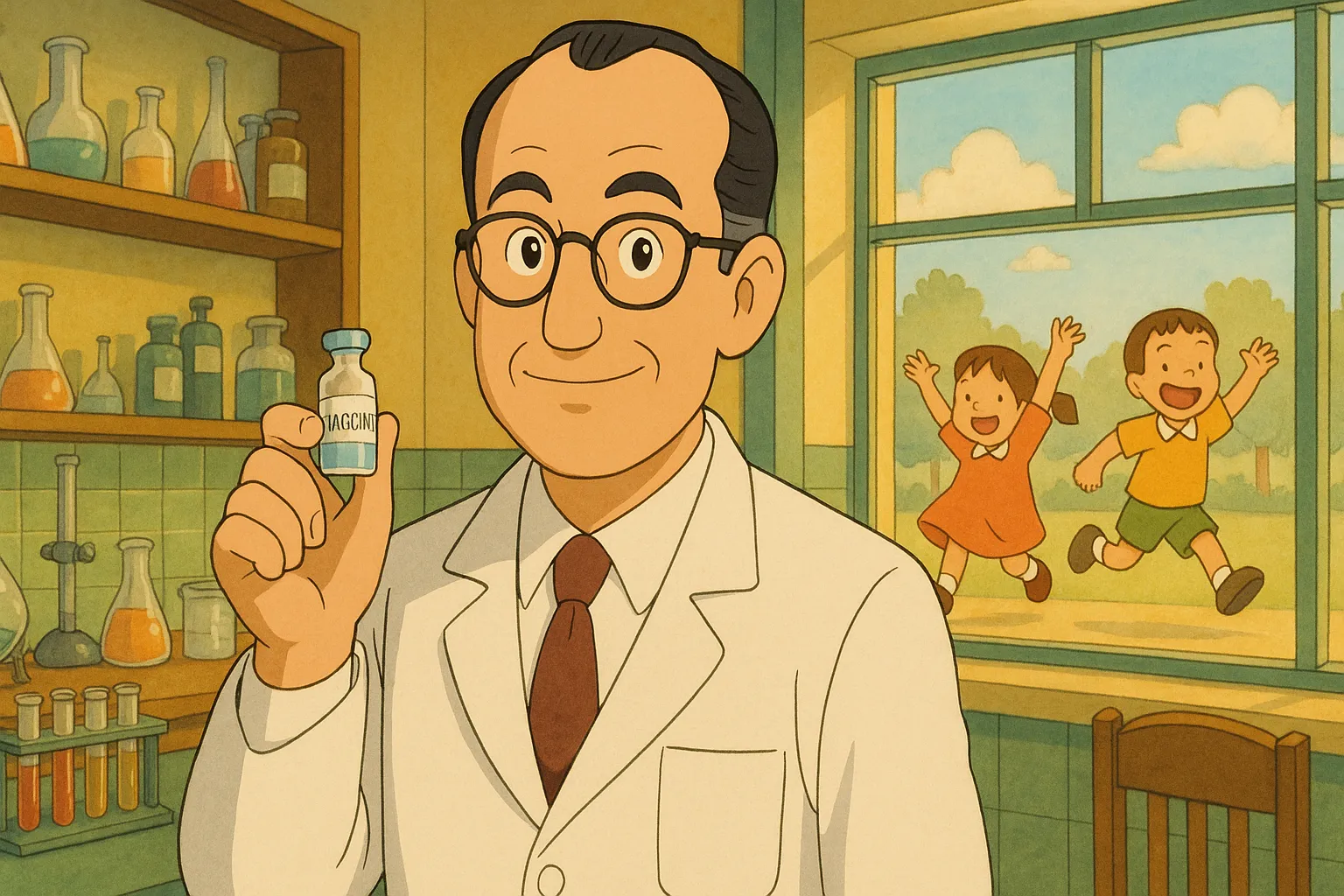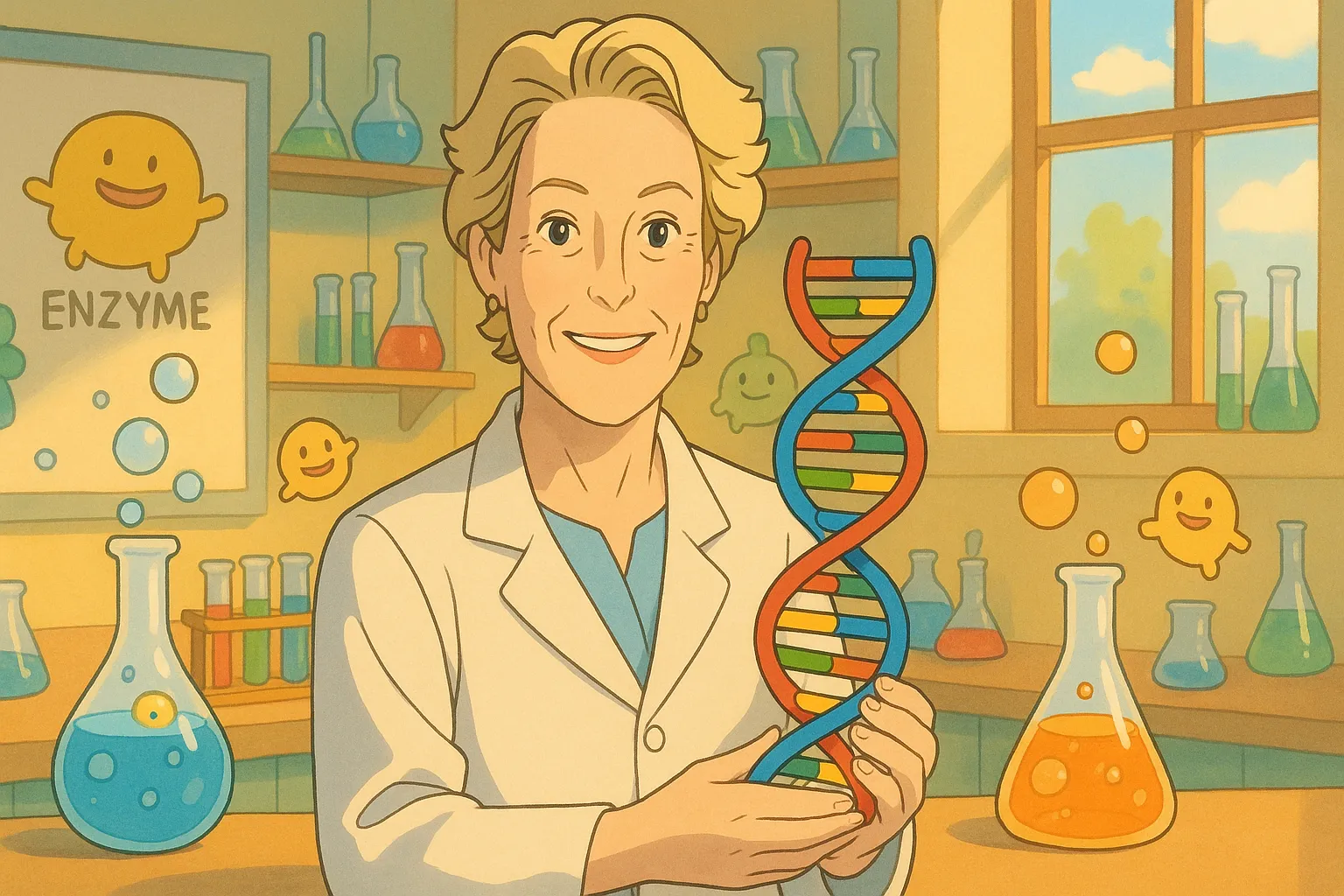
よくある質問
Did Frances Arnold share the Nobel Prize?
Yes. The 2018 Nobel Prize in Chemistry was shared: Frances Arnold received half the prize for directed evolution of enzymes; the other half was awarded jointly to George P. Smith and Sir Gregory P. Winter.
Can kids try directed evolution at home?
No. Directed evolution needs lab equipment and safety training. Kids can explore the idea with safe biology kits, computer simulations, science clubs, and teacher-led classroom experiments.
What jobs use her ideas?
Scientists and engineers in biotechnology, pharmaceuticals, green energy, agriculture, and environmental work use directed evolution. Careers include researcher, lab technician, bioengineer, and product developer.
